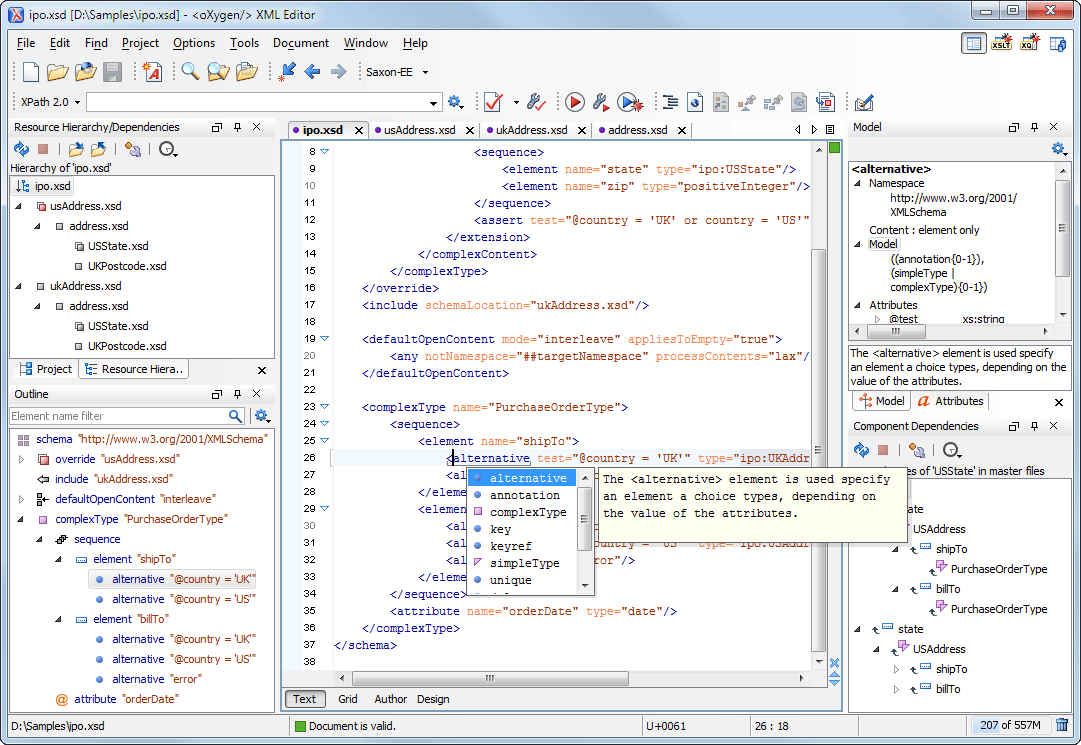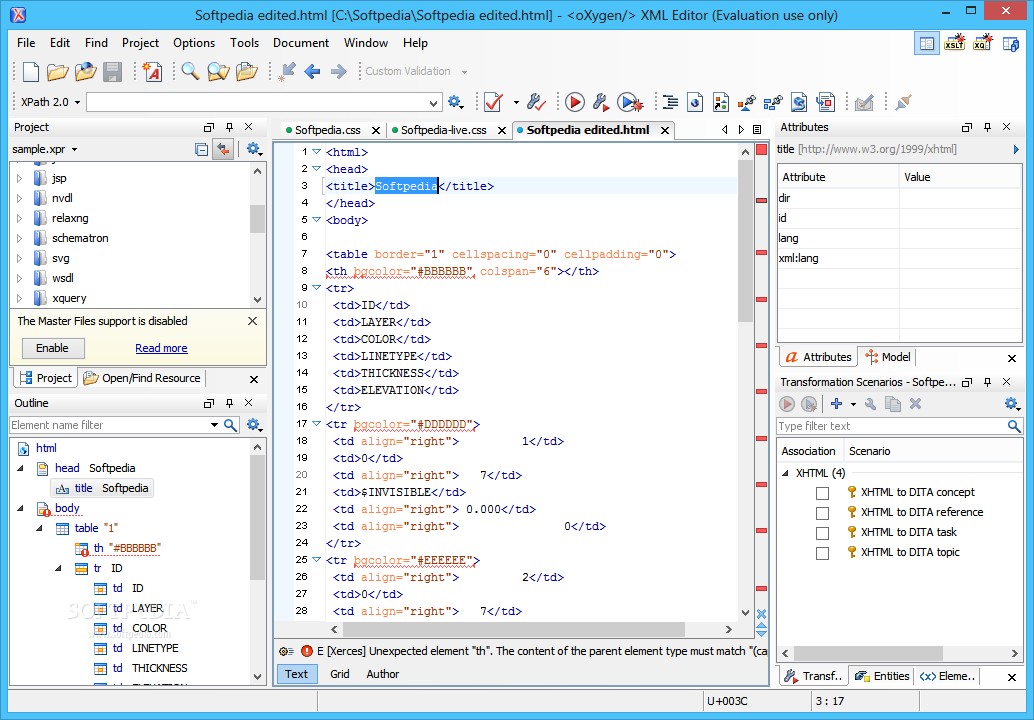

Ovarian cancer has a high response rate (>80%) to the initially platinum-based chemotherapy however, the majority of cases will gradually become refractory and eventually lead to treatment failure ( Bookman 2012, Li et al. These data suggest that a low BRCA2 level can predict better platinum sensitivity and prognosis, and that the modulation of autophagy can be a chemosensitizer for certain cancers. Sensitization of cisplatin was also observed in BRCA2-silenced CAOV-3 cells after inhibiting ATG7, confirming that chloroquine modulated the sensitivity via the autophagy pathway. Interestingly, the autophagy blocker chloroquine enhanced cisplatin in BRCA2-silenced cells accompanied by an increase in apoptotic cells, which did not occur in BRCA2-intact cells chloroquine enhanced the efficacy of cisplatin against BRCA2-silenced CAOV-3 tumors in vivo, with an increase in LC3-II level in tumor tissues. Knockdown of BRCA2 promoted cisplatin-induced autophagy.


In human ovarian cancer cell lines CAOV-3 and ES-2, cisplatin induced an upregulation of the RAD51 protein, which was inhibited after silencing BRCA2 silencing BRCA2 enhanced the action of cisplatin in vitro and in vivo. Here, we demonstrated that platinum-resistant cancer had a higher percentage of high BRCA2 level (87.5% vs 43.6%, P = 0.001), and that patients with a low BRCA2 level in cancer tissues had longer progression-free survival (with a median time of 28.0 vs 12.0 months, P < 0.001) and platinum-free duration (with a median time of 19.0 vs 5.0 months, P < 0.001) compared with those with a high BRCA2 level. Clinical implications of the BRCA2 expression level on treatments of ovarian cancer are controversial.


 0 kommentar(er)
0 kommentar(er)
